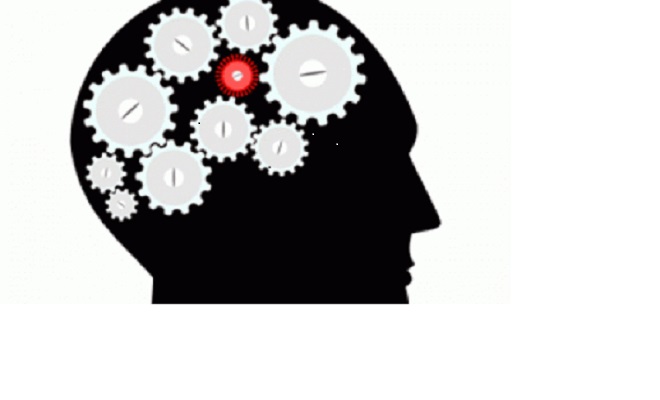 Global Research
Global Research
Health
“Mental Disorders” Drives Big Pharma Profit and Social Control
The Psychology, Psychiatry, Psychoanalysis Nexus: “Mental Disorders” Drives Big Pharma Profit and Social Control
by Joachim Hagopian, via Global Reaserch.com:
A century ago the fledgling, brand new “science” of psychology was still in the throes of struggling for cultural and academic recognition, acceptance and respect as the latest still unproven member of modern science. The Austrian neurologist Sigmund Freud was credited as the “father of psychoanalysis.” With Freud as psychology’s chief pioneer, the study of the mind and human behavior was then long on theory and short on practical, evidenced-based proof. The burgeoning academic discipline of psychology – psychiatry – psychoanalysis was still in its infantile stage in comparison to the long established bastions of the modern scientific method – the standard natural sciences of physics, chemistry, biology and medicine. These physical sciences more than adequately met the rigors of the scientific method through understanding and explaining life’s material forms to the extent that their basic theories governed by established natural laws of practical application produced a consensual, accurately measurable means of both predicting and controlling matter with a very high degree of proven success.
On the other hand, psychology/psychiatry had no luxury of any unifying basic formulas, equations, laws or quantitative application that could accurately predict, much less control, human behavior. The complexity of the human mind as it relates to behavior has always rendered prediction and control virtually impossible. Moreover, scientific prediction and control of the human species raises all kinds of ethical questions that run counter to democratic principles and free will. Hence, the closest proximity to being able to collect “scientific data” through analyzing observable behavior that could easily be quantified was through the developing branch of psychology known as behaviorism.
Russian scientist Ivan Pavlov with his bell and salivating dogs established the widely accepted phenomenon linking a stimulus to a conditioned response called classical conditioning. The seminal work of James Watson, William James and later B.F. Skinner forwarded the notion that rigorous scientific inquiry could focus on human behavior as the primary unit of observable analysis. Skinner’s concepts of operant conditioning and reinforcement as the explanatory driving force behind behavior also fit neatly alongside Freud’s rudimentary tenet that humans are motivated by drives to seek pleasure/reward and avoid pain/punishment. Effects of positive and negative reinforcement could readily be scientifically measured and assessed. Thus, the behavioristic component within psychology helped legitimize the discipline as a science.
Out of the fundamental need to further develop the science of psychology evolving from the dominant medical model came the related study and practice of psychiatry, trained medical doctors who specialize in the human mind combining study of its physical correlate the brain with behavior. Abnormal psychology developed as yet another sub-branch within the field that delved into deviant behavior and psychopathology. As a scientific discipline at the turn of the twentieth century, the formalized study of the human mind and behavior in its initial formative stages as a still wannabe science recognized only seven “known” mental disorders:mania, melancholia, monomania, paresis, dementia, dipsomania and epilepsy.
Read More @ Global Research.com












